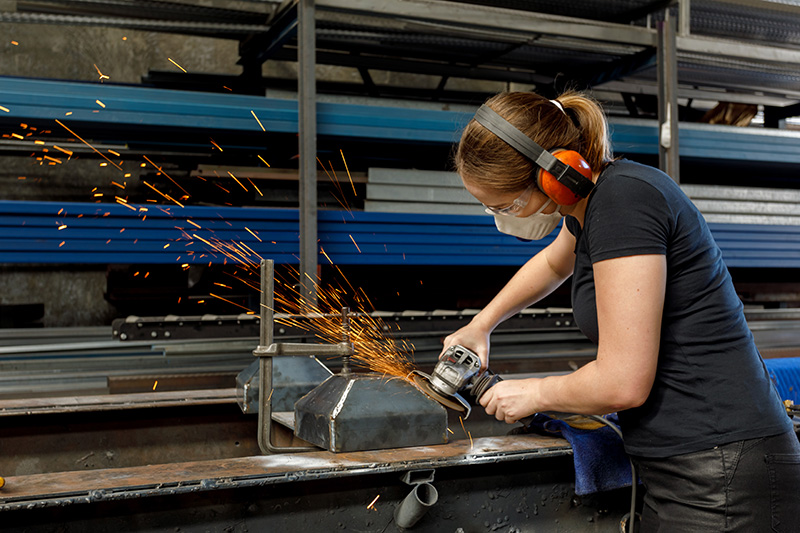Way back in 2013 – seven years ago, but another lifetime – Sheryl Sandberg told women that the key to changing their lot in the workplace was within their control: just lean in.
Six months into the pandemic (Is that really possible?) women are doing all they can just to stay upright.
There’s no getting around the exceptional toll COVID has taken on women’s careers. A decade of professional gains were wiped out in a single month. A quarter of women out of work blamed lack of child care – twice the rate of men. The comments from women are devastating. And what’s worse? Before the pandemic, women were the breadwinner in 40% of families.
Time They Will Never Get Back
It’s tempting to say the pandemic will end and women will reclaim their place in the workforce. But we all know from normal times that women who take temporary time off from work for family pay a permanent price. Income and advancement never recover. Those losses will last. So this is time women will never get back.
There are some things that would help:
It must become socially acceptable (really, truly, at last socially acceptable) for working fathers to be caregivers. Dads are not the bad guys here – they genuinely want to help. We need to make it ok for them to do so.
Paying attention to child care shouldn’t hinge on whether the office is reopening. Yes, those who must be on site – for whom no child care means they can’t leave the house – have an unconquerable obstacle that must be addressed. But we also have to remember that for employees to productively WFH they also need child care.
Shortages of child care must be addressed wherever employees are. And child care deserts are everywhere right now. It’s going to take multiple and flexible approaches (on-site, on-demand care) to address.
Gaps must be dealt with across ages. Preschoolers aren’t the only child care challenge. Right now, restless grade schoolers and frustrated high schoolers, both attending virtual school, are parents’ other responsibility. They need live and virtual study help.
Solutions must be available to tap into in a hurry. A lot of parents (maybe most) still don’t know where, if, or how their kids will go to school this year. It makes it impossible to plan. Creative options – tapping into learning centers to provide safe, readily available places children can go to get supervision for learning, for example – not only solve the problem of how and where kids can go; they free up the considerable brain space required for parents to solve the problem themselves.
Some of these things are already happening. We have clients around the country worried about their employees and their business who are asking the question, “What do we do?” We’re partnering with many of them and coming up with new and creative answers that can be available when needed.
What’s clear is that all the potential women had to take charge of their professionals futures is evaporating under the expectation of home and family responsibilities. And lest anyone think working and mothering is merely a personal problem (check the comment threads), it’s not. The birth rate was already sagging before the pandemic, which is bad since those future grownups become tax payers, doctors, firefighters. “Raising the next generation,” one researcher told the New York Times, “is a public good.” Yet when children seem like an impossible choice, women won’t make it.
Part of this has to be a mindset. Women in the workforce aren’t just a “nice to have.” They are a valuable and necessary part of the workforce, and not contributors who are welcome when they’re available. Yet sadly, “Millennial mothers are almost three times more likely than fathers to say school or childcare closures leave them unable to work,” wrote Caitlin Mullen of Bizwomen. We want better for them, and for their daughters.
Otherwise, we’re not just forcing women to lean out of careers, but to lean all the way back to the last century.





